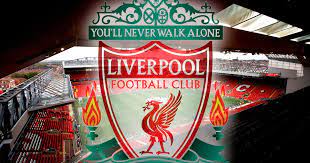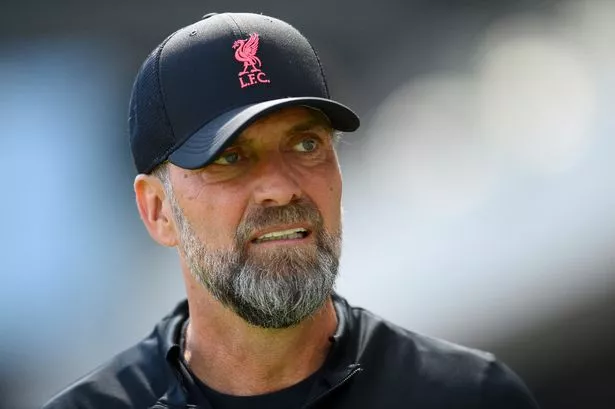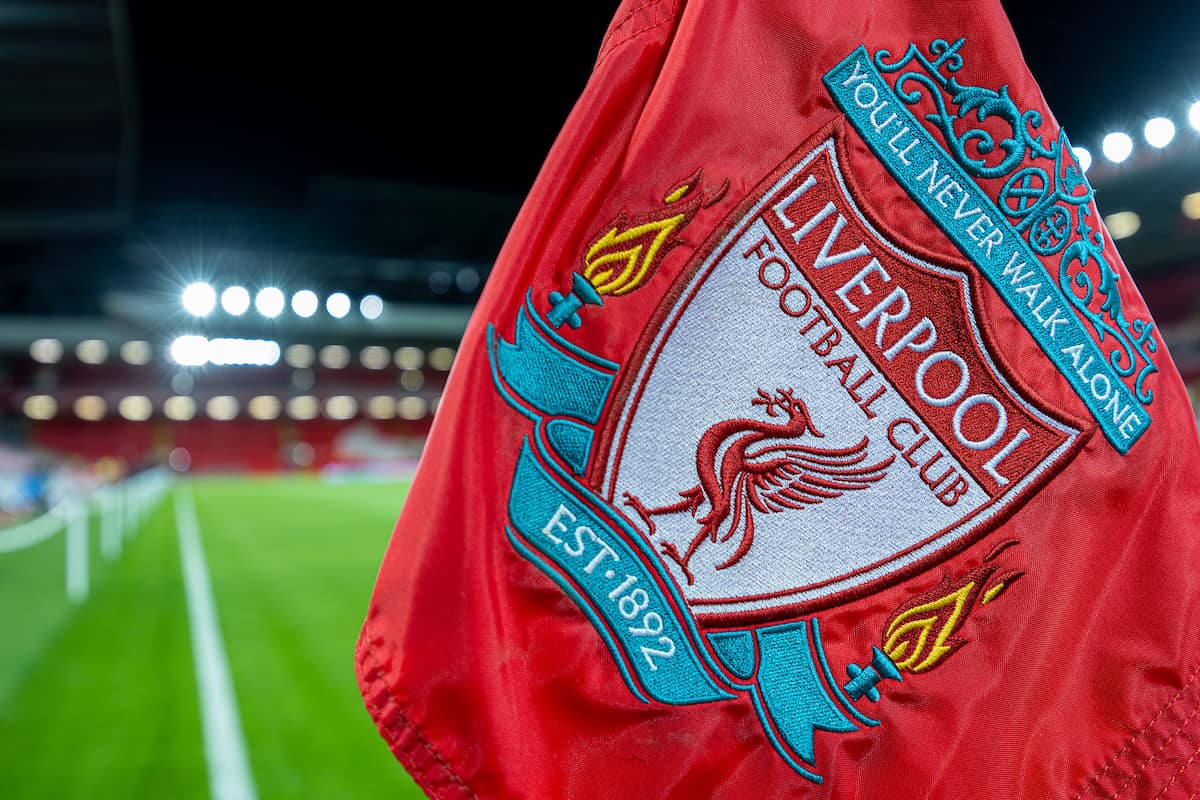
In the days leading up to Liverpool’s first Premier League match of the season against Chelsea, the Reds agreed to a competition-record $137 million (£110 million/€128 million) deal with Brighton for midfielder Moisés Caicedo.
Caicedo, however, hesitated as the club prepared to welcome him for a medical. He eventually chose to join rival Chelsea after the Blues increased their bid to $143 million (£115 million/€134 million), setting a new Premier League record.
This would be the highest summer transfer window deal in football history, surpassing Arsenal’s nine-figure purchase for West Ham’s Declan Rice and Real Madrid’s bid for Borussia Dortmund’s Jude Bellingham.
Caicedo’s agency received a fee of $12 million (£10 million/€12 million) as part of the deal, according to Football Insider. This is almost 10% of Chelsea’s guaranteed $125 million (£100 million/€116 million) transfer money.
This may appear to be a significant figure, but it is only one aspect of a larger trend inside the game that FIFA has identified in its International Transfer Snapshot for the 2023 summer season. According to the worldwide football governing body, agency fees reached an all-time high of $696 million (£557 million/€648 million) in the summer window, and $853 million (£684 million/€796 million) for the entire year, a huge 36% rise over the previous year, according to The Athletic.
They currently account for about 10% of total worldwide transfer spending, substantially double share from a decade ago (5.8 per cent), via BBC Sport.

Significantly, FIFA will begin enforcing new agent regulations at the beginning of next month, some of which aim to reduce these “excessive fees,” and Liverpool will hope that these regulations have the teeth to actually make a difference because the overall direction of the game is increasingly straining FSG’s self-sustaining business model. The costs connected with transfers are escalating at an exponential rate.
For Liverpool, at least under the current system, this effectively puts generational talent out of reach. Consider Erling Haaland’s departure from Borussia Dortmund last year: there was never any doubt that Liverpool would win the race, even though the player’s $64 million (£51 million/€59 million) release clause appeared to be a steal. Part of the reason was that, after including in agent fees, the player’s signing bonus, and other payments, Manchester City’s outlay was closer to $107 million (£86 million/€100 million), which would have been a record fee for the Reds even before factoring in Haaland’s massive earnings (via Sky Sports).
The same can be said for Paris Saint-Germain’s Kylian Mbappé, who, like Haaland, is poised to dominate this period of the game but is beyond of reach for Liverpool, despite the fact that his PSG contract is slated to expire next year. The player’s and his entourage’s expectations will simply not match Liverpool’s capabilities.
In reality, only a few teams can afford such deals – three of them are state-owned — and while those teams may not welcome the imposition of new restrictions, Liverpool most certainly will, based on recent developments.



